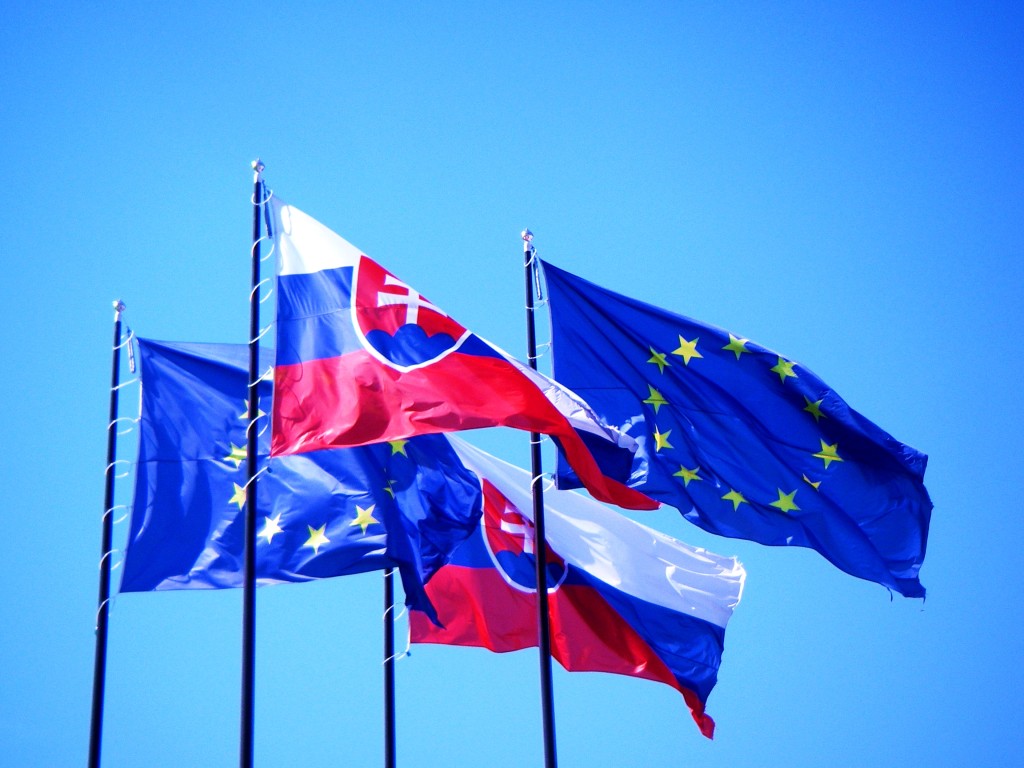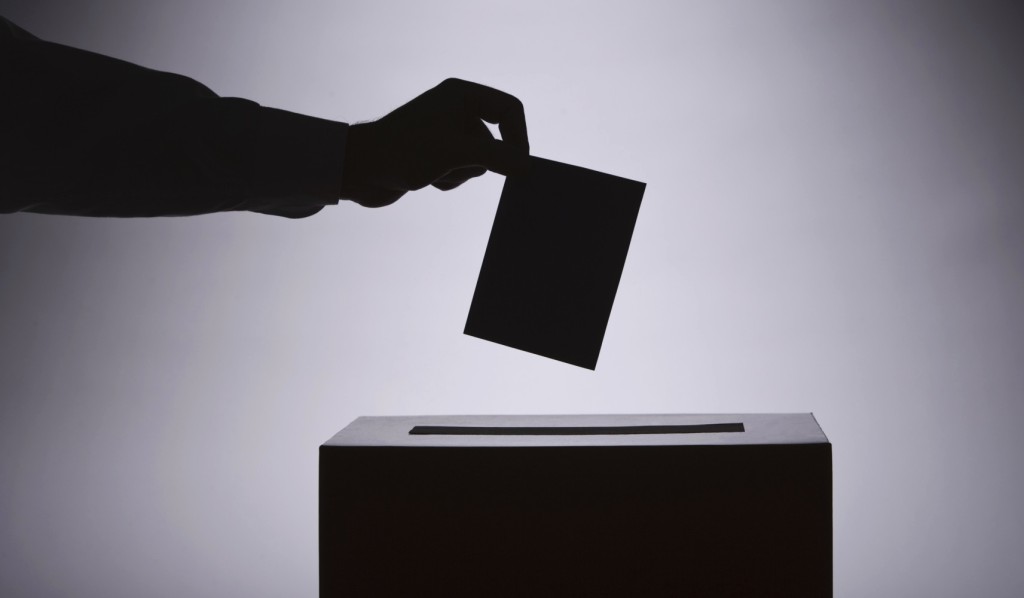
Starting New Life (in Slovakia) with Coronavirus
Slovakia is not Wuhan. Slovakia is not even Bratislava alone. The optimal solution for the capital is different from the one for Pribylina (a small village in Slovakia). Closing a country like ours, where half of the population lives in the countryside, is a comfortable waiver of responsibility by those in charge.











